Donors
DNP Education Partnership is generously supported by:
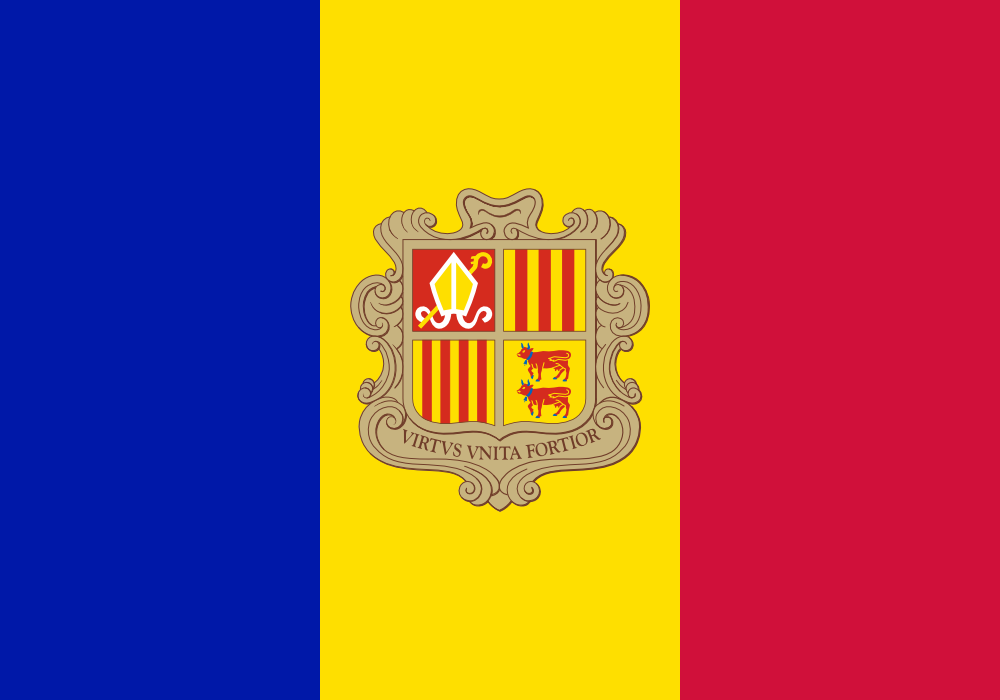
Andorra
Andorra has made education its main priority as an instrument for promoting democracy, human rights and the rule of law and has focused its activities on youth. Its aim is to encourage intercultural dialogue and, in particular, to determine the attitudes and behaviour necessary for living together in a sustainable and democratic society respecting human rights and the rule of law. Andorra has over the centuries naturally incorporated the values of democracy, the rule of law and protection of human rights. Andorra also acknowledges a need to continue to promote policies allowing effective and efficient participation of women in public life, their empowerment and the elimination of all violence against them and considers importance to adopt decisions on that subject.
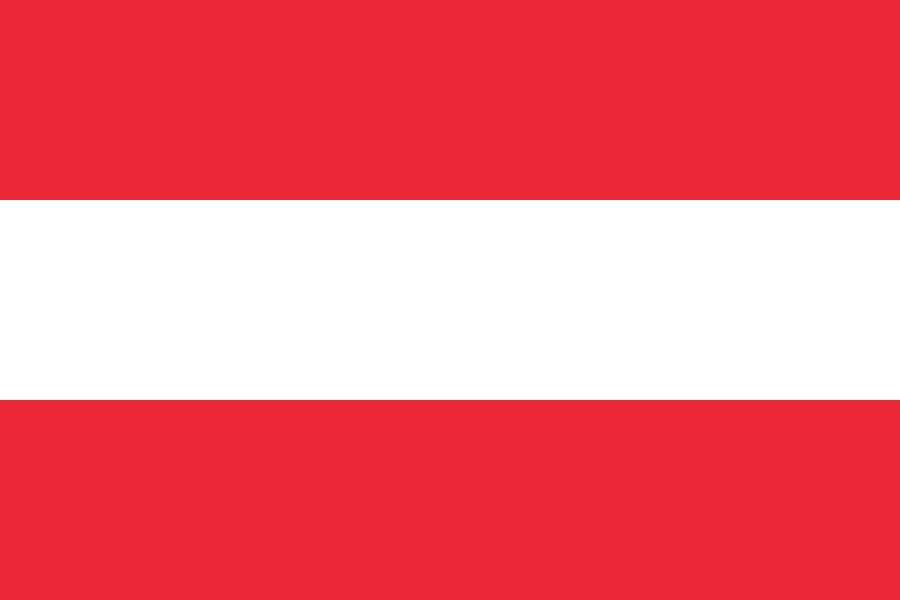
Austria
Better promotion and protection of women’s rights is a priority of Austrian foreign policy. Austria advocates this issue at all levels: at the United Nations, the European Union, the Council of Europe and the OSCE, as well as in its relations with third countries and in the context of the Austrian Development Cooperation (ADC). Austria’s thematic priorities are enhancing the participation of women in conflict prevention and resolution and in peace processes; fighting violence against women, as well as economic and political empowerment of women. In line with these priorities Austria has adopted National Action Plans on inter alia Security Council Resolution 1325 on Women, Peace and Security, Trafficking in Human Beings or the Protection of Women from Violence.
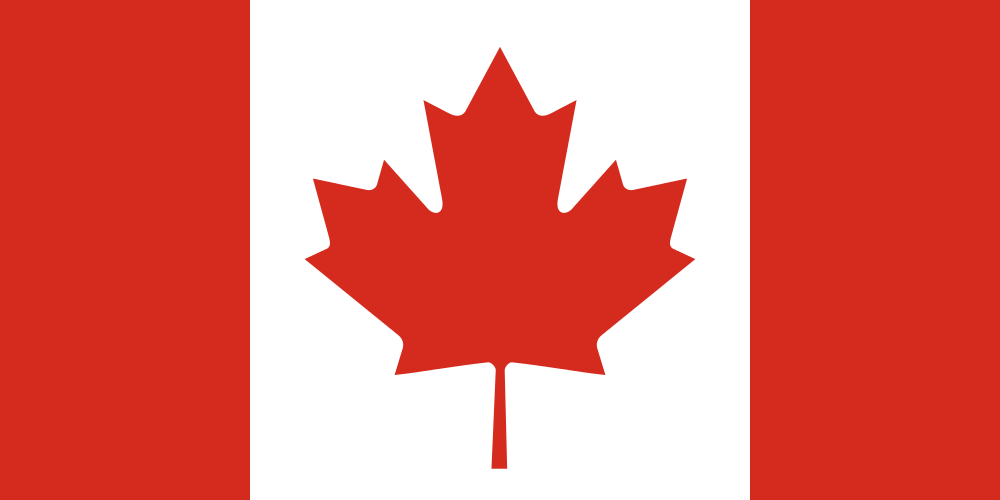
Canada
Canada is committed to gender equality and the empowerment of women and girls, as well as the promotion and protection of their human rights. Canada believes that sustainable peace is only possible when women are involved in all peacebuilding, peacekeeping, conflict-resolution, and peace processes, as well as other peace and security and emergency efforts. Consequently, Canada works to ensure that women are recognized as agents of change and can fully and actively participate in all peace and security efforts. We believe that it is essential to ensure that gender considerations are mainstreamed into all stages of humanitarian, stabilization, and development programming and that the specific needs and contributions of women and girls are taken into account. These efforts are guided by Canada’s National Action Plan on Women, Peace and Security that was launched in 2010 and will be renewed in 2017.

Finland
Finland has integrated gender in all sectors of foreign policy, this being well reflected in policy documents and action plans including through the national UNSCR 1325-action plan on women, peace and security. The priority sectors in Women, Peace and Security work are conflict prevention, peace negotiations and peacebuilding, crisis management and the strengthening, protecting and safeguarding of the rights of women and girls. Women's empowerment, equal participation and leadership in all sectors of peace and security creates better conditions for sustainable peace, stability and development of the whole society. Finland continues to promote better integration of a gender perspective into arms control, disarmament and non-proliferation activities.
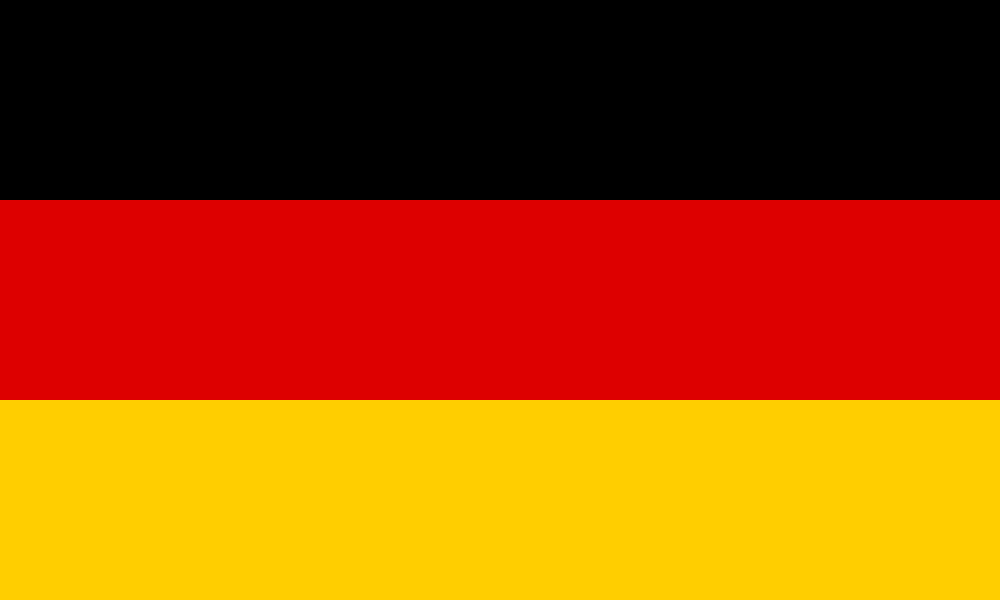
Germany
On December 19th, 2012 the German Government adopted a National Action Plan which is aimed at providing a comprehensive and coherent approach to the implementation of Security Council Resolution 1325 and its follow-up resolutions. One of four major strategic goals of the Federal Government’s Action Plan is: Heightened and appropriate attention to the needs of women in the planning and the carrying out of disarmament, demobilization and reintegration activities. The overarching topic of these strategic priorities is the participation of women in crisis prevention, conflict management and post-conflict peacebuilding.
In this context Ambassador Dr. Patricia Flor, Federal Government Commissioner for Disarmament and Arms Control, stated:
“Currently we see a growing gap in disarmament and non-proliferation education especially with respect to young female professionals from the global south. There is a need and a demand for training courses which can be incorporated in the regular curricula of educational institutions. The project "Boosting the Advance of Woman on Peace-related Issues: Strengthening Tools for Women’s Education" provides education packages which give women the opportunity to elevate their skills.”

Republic of Ireland
Ireland believes that gender equality is a prerequisite to development and is committed to developing and supporting gender-responsive programming. Gender equality and women’s empowerment is at the core of Ireland’s International Development Programme and foreign policy. Ireland consistently advocates for gender equality and women’s empowerment to be at the core of international efforts to end poverty and inequality. Specifically, Ireland works to
(i) promote gender equality and to ensure women and men have equal access to and control over resources, services and opportunities,
(ii) ensure that discrimination against women and girls is reduced and,
(iii) that women are empowered and are given meaningful space and voice to participate in decision making processes.
Ireland’s strong commitment to gender equality and women’s empowerment is well reflected across our policy on international development, One World One Future (2013) and in Ireland’s foreign policy for a changing world, The Global Island (2015).
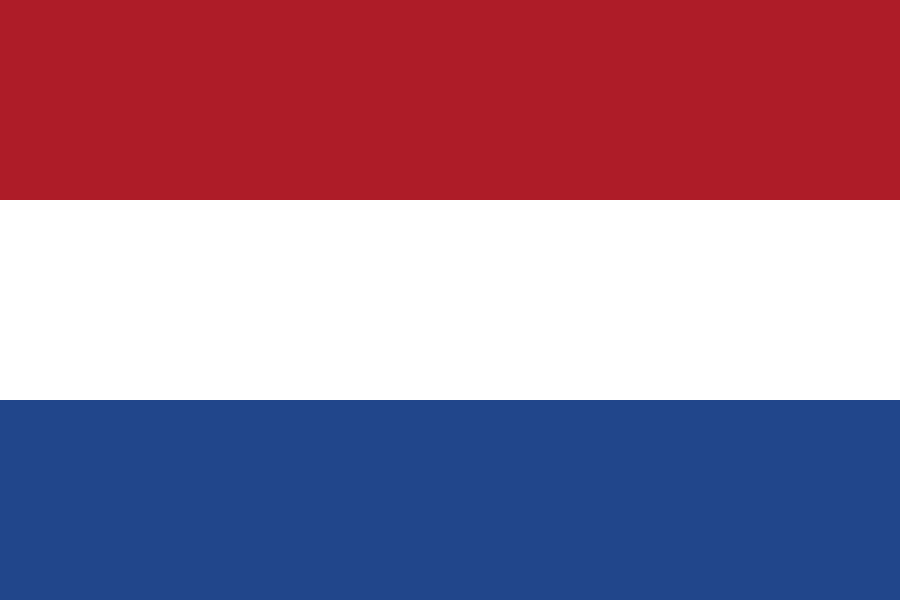
Netherlands
The Netherlands seeks to help create a world in which men and women have equal rights and opportunities, and encourages a fair share of women in conflict resolution and peacebuilding activities. For the implementation of the various resolutions of the UN Security Council on Women, Peace and Security the Dutch government is working along two tracks. The first track is cooperation with social partners in the National Action Plan. The National Action Plan on Women, Peace and Security is established and implemented by the government and more than 50 Dutch civil society organisations (research institutes, development organisations, diaspora organisations and women’s organisations). This collaboration is in this form unique in the world. The third plan (2016-2019) was published in March 2016. The second track is the systematic integration of a gender perspective into all aspects of foreign and security policy, including in the field of arms control, non-proliferation and disarmament.

Spain
Human rights and the participation of women in peacebuilding, together with Non-proliferation and Disarmament initiatives are top priorities of Spain’s foreign policy and of its agenda as a member of the United Nations Security Council for the period of 2015-2016. For this reason, Spain has also joined the Disarmament and Non-Proliferation Education Partnership in Vienna and takes part in its Steering Committee.
Spain has advocated a high-level review of Resolution 1325 (2000) on “Women, Peace and Security” and has campaigned for stronger commitments in this respect, contributing to the unanimous adoption of Resolution 2242, which paves the way for the full participation of women in peacebuilding. Spain has announced its commitment to update its National Plan, to upgrade training and to adopt a policy of zero tolerance regarding sexual violence.
In Non-proliferation, Spain has contributed to the effective implementation of Resolution 1540, works for its universal application and as Chair of the 1540 Committee of the UN Security Council has laid the foundations for the Global Review that is taking place in 2016. The OSCE has gathered a vast experience in the implementation of Resolution 1540 and Spain co-chairs a Group of Friends in the Forum for Security Cooperation to prepare a substantial contribution by the OSCE to the process of the Global Review, sharing its best practises and lessons learned.
Spain supports the “Disarmament and Non-proliferation Education Partnership for the OSCE area” led by the OSCE and the United Nations Office for Disarmament Affairs (UNODA) Office in Vienna, in order to create more educational opportunities in this field and increase the number of women specialised in Disarmament and Non-proliferation who take part in this important aspect of peacebuilding.

Switzerland
Switzerland attempts to reflect its long standing commitment to gender equality and to realizing women’s rights in every sphere of its foreign policy. Switzerland seeks to promote and strengthen the opportunities, the potential and the rights of women and men equally in order to achieve sustainable development, peace and security and reduce poverty. Strengthening women’s full and effective participation in peace processes and at all stages of post-conflict and state building, as well as in all efforts regarding mediation and dealing with the past, are among Switzerland’s priorities anchored in its National Action Plan on Women, Peace and Security (NAP 1325), adopted in 2007 and to be renewed for the fourth time in 2018. Switzerland also integrates a gender perspective in view of capacity building and the promotion of women’s role in the planning of disarmament, non-proliferation and arms control measures.
